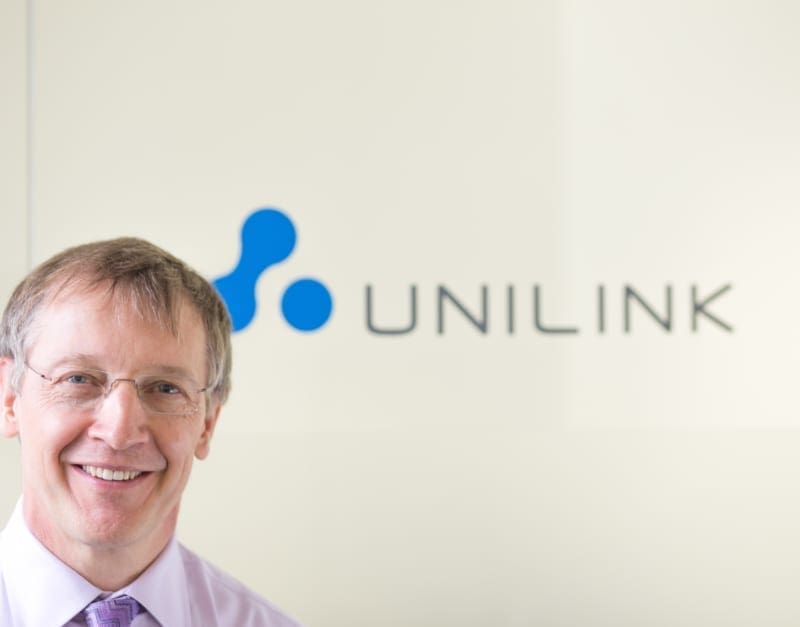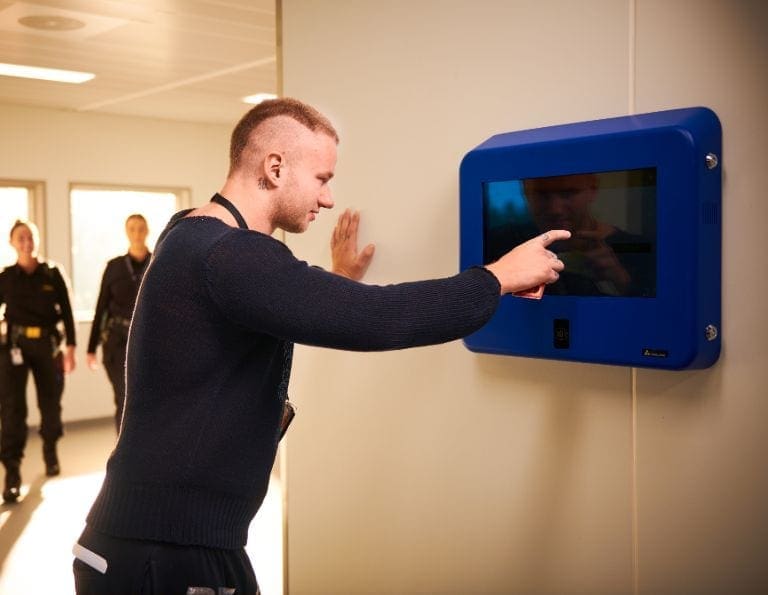I attended the Digital Leaders Salon yesterday about the findings of Professor Cynthia McDougall’s research into prisoner self-service. There was a good attendance from public, private and third sector organisations.
Cynthia outlined her experience and career and gave some background to the York University research project emphasising that it is independent. She saw self-service as having the potential to overcome, prisons being in a “parallel universe” when compared to the ubiquity of IT in the outside world and how this works against prisoners’ successful reintegration into the community.
Key findings:
- Staff and prisoners’ expectations and experiences positive both before and after implementation
- Statistically significant reduction in staff resource use
- Statistically significant reduction in proven disciplinary hearings “adjudications” against prisoners
- Reduction in staff sickness of 12%
- Significant increase in completions of Offending Behaviour Programmes
- Possible reduction in reoffending (to be confirmed)
Grahame Hawkings, Governor of HMP/YOI Isis, has never run the prison without self-service and would not like to run a prison without it. Key observation – the shift in the degree to which prisoners can take control of, even quite mundane aspects of their life in prison led to a noticeable reduction in the amount of conflict.
A number of attendees congratulated Cynthia on the research talking about “clear conclusions” and “clear cut results” and commending her caution in recognising prisons are complex places and that further research is merited.
The question was raised about whether the research had looked at the impact on instances of self-harm. Cynthia responded that it hadn’t but was worth exploring. One of the audience observed that many instances of self-harm are expressions of frustration and they felt intuitively that self-service would have a positive impact. Another participant thought that instances of use of force by staff would be another useful indicator of behaviour change.
Discussion centred around the added value of in cell self-service with a number commenting that the additional benefits almost certainly outweighed the additional cost in terms of the impact on reducing re-offending – notably the access to education and programme material during the evening. One participant commented on the “endless potential” and another said that the Coates’ Review into prison education had already recognised the potential impact of IT enabled education was “immense.” The Violence Reduction initiative in the National Offender Management Service had identified better quality in-cell activity as having the capability to reduce violence.
One audience member noted that the information provided showed that all private prisons in the UK had deployed Unilink’s self-service and the audience thought there was a message there for the Ministry of Justice (MoJ). As part of this discussion one participant said he had been warned about trying to “do business” with the MoJ – “they find every reason why things can’t happen………..the sector seems closed”. However, this individual thought Professor McDougall’s research was “brilliant” and reflected positively on the number of MoJ attendees at the salon and hoped this indicated a “wind of change”.
Thank-you to all participants for their attendance and contribution and to Robin Knowles of Digital Leaders for chairing the event.
Francis Toye is the Group Founder and CEO at Unilink
Share








